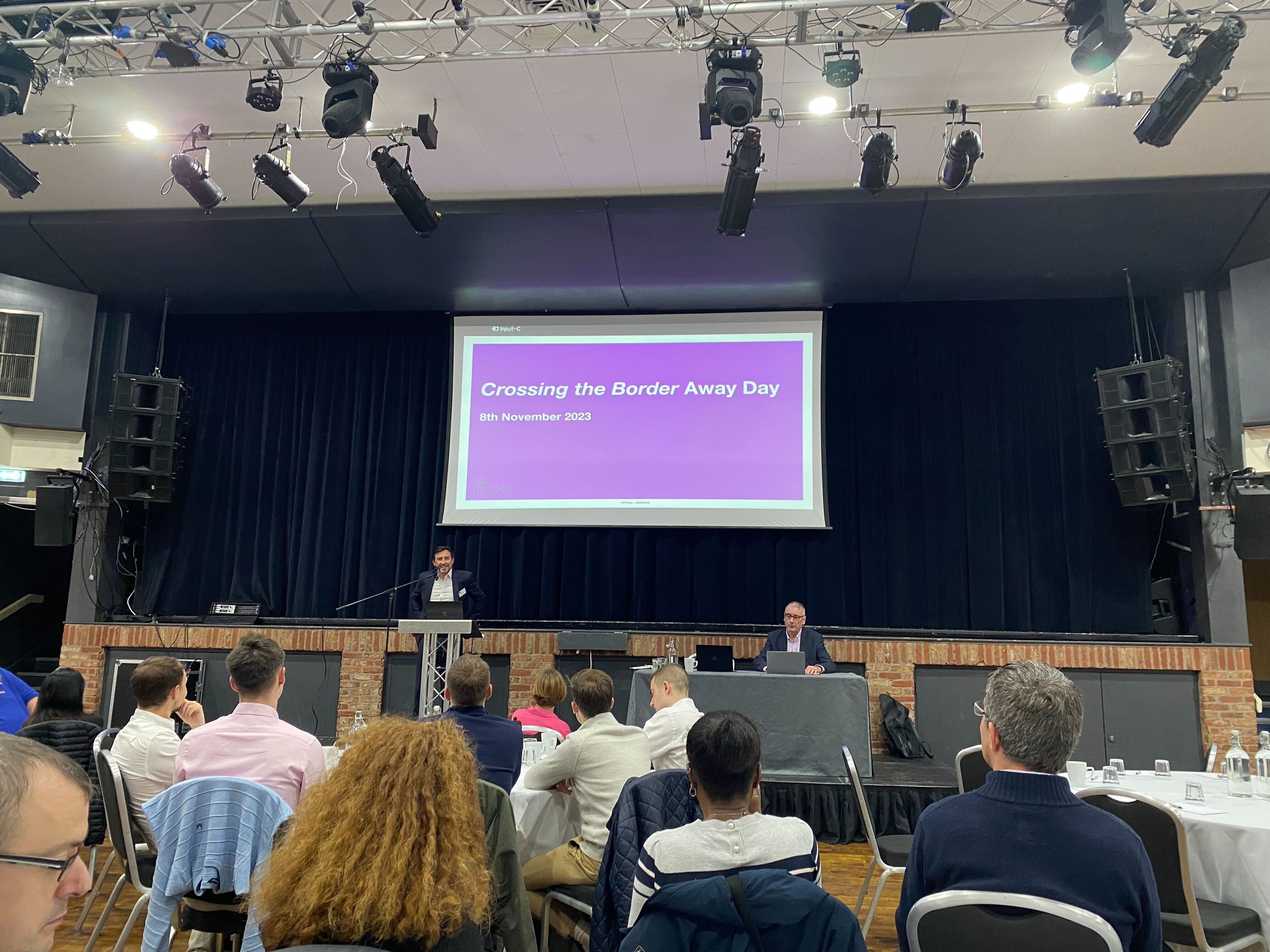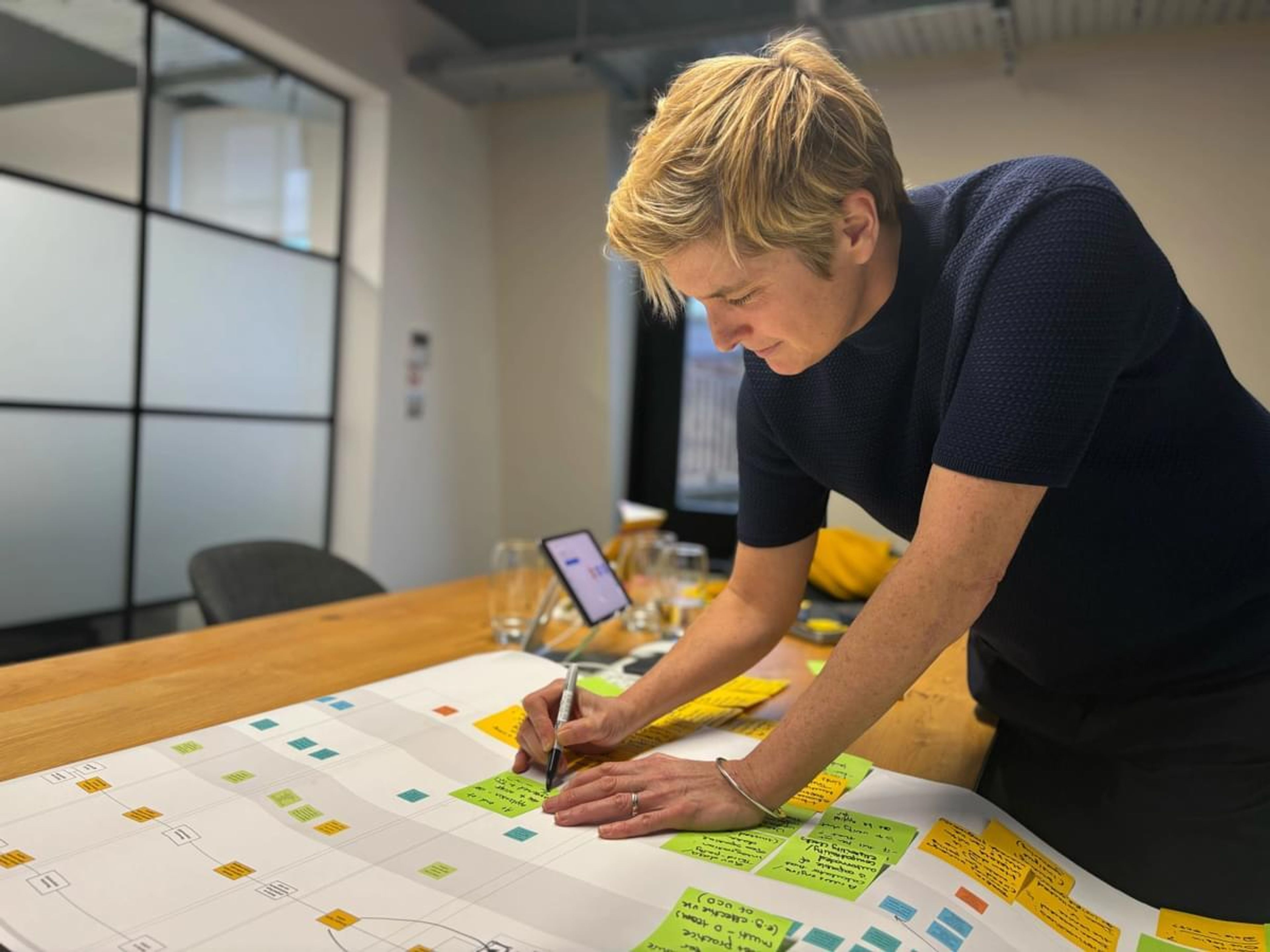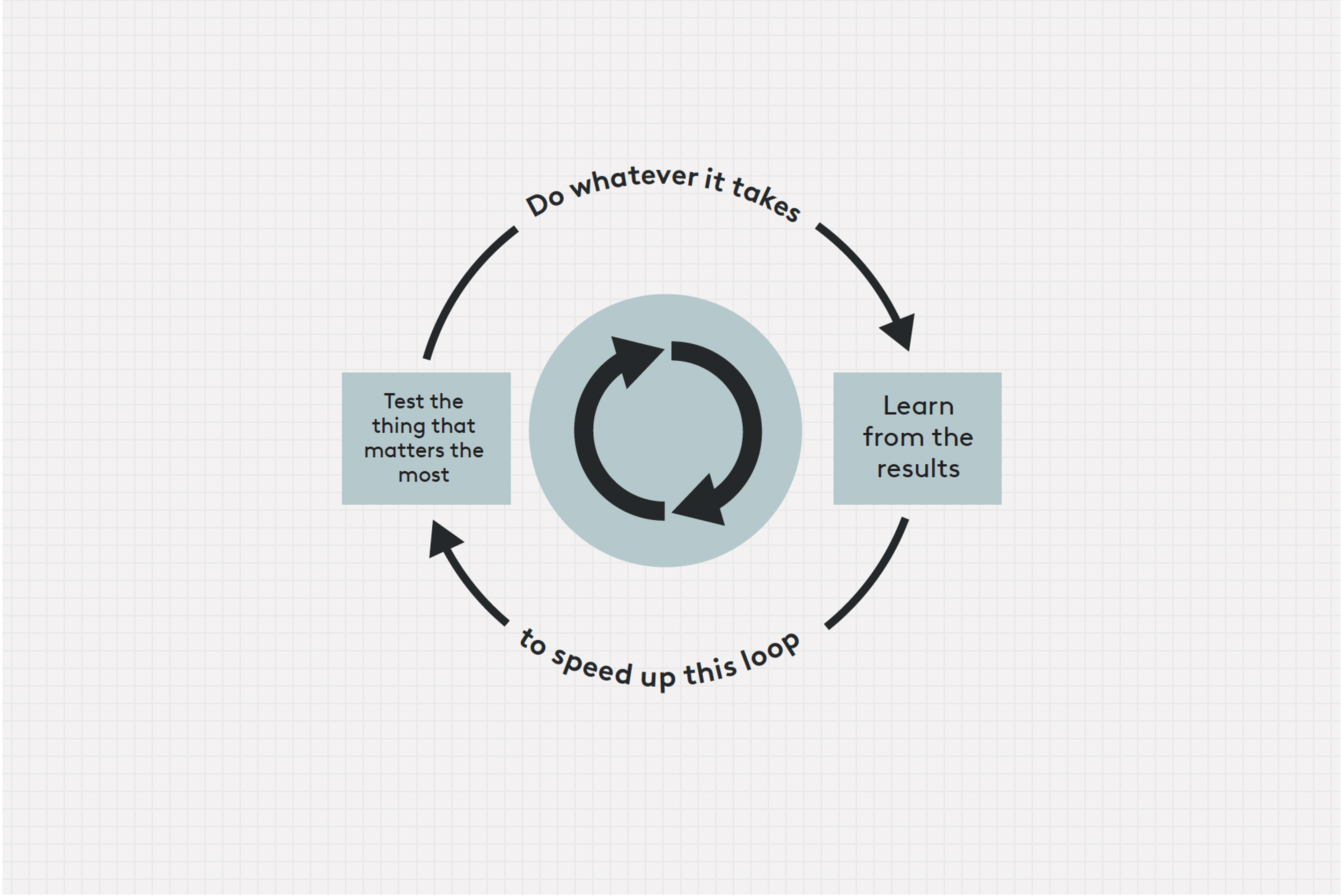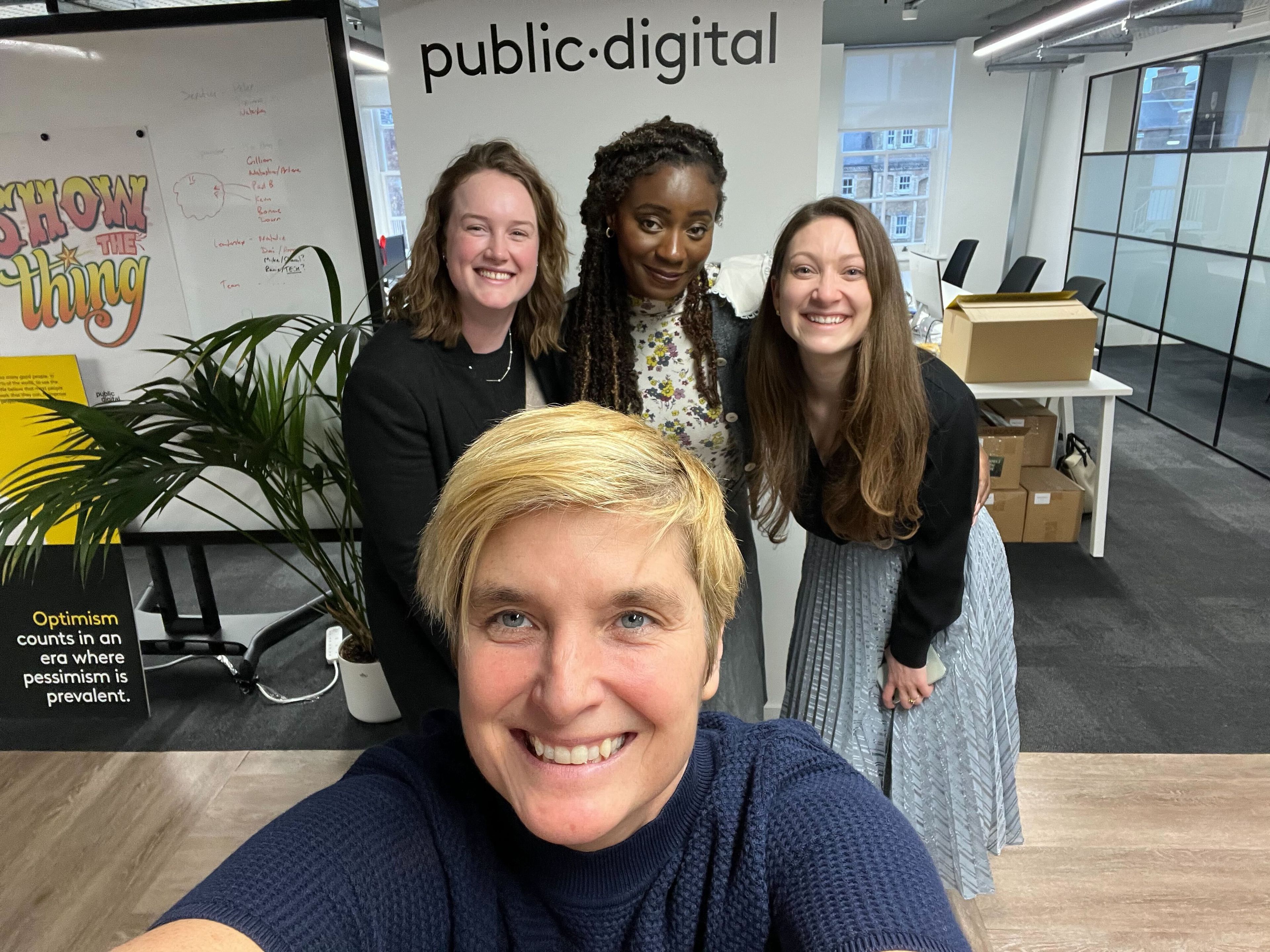
The value of test and learn in creating new services at Defra
Tacking a complex problem
With the UK leaving the EU’s Common Agricultural Policy, the Department for Food and Rural Affairs (Defra) has embarked on a radical transformation of how it regulates farming and distributes £3.5 billion in agricultural subsidies annually.
Instead of paying England’s 80,000 farmers for their outputs, it will pay them for environmental benefits such as air quality, water quality, biodiversity, and carbon reduction.
The outcome will be a more resilient, profitable and sustainable agricultural sector; but the new approach represents the biggest upheaval in farming policy since the 1970s.
Over many decades, past changes to agricultural subsidies have been associated with big IT system failures and late payments to farmers, leaving many struggling to survive.
To deliver such a radical change, Defra engaged Public Digital as their transformation partner, taking an incremental test-and-learn approach to reforming agricultural subsidies.


Janet Hughes, Defra Programme Director
- _
"Test-and-learn shouldn’t be radical: it’s fundamental to the successful delivery of complex policy.
"Testing things before scaling them de-risks delivery.
- _
"You accept you can’t know everything and need to experiment, but plan to do that in a controlled way with a small number of users.
- _
"But it’s bold because it’s tough, and it needs changes to leadership, governance, funding, and the way you structure your teams to make it happen."
Creating a service view
We started by encouraging simplification of the Future Farming and Countryside Programme.
Policy teams were responding to a proliferation of ideas, pressures and policies by designing multiple schemes. Although they were doing this with high levels of stakeholder engagement, they missed having a service-led view of how they would be delivered. The programme started groaning under delivery expectations without a route to service design, delivery and continuous improvement.
Reviewing the portfolio, we proposed that all policies be delivered through a unified service, making it easier for farmers and their agents to access subsidies in exchange for different commitments about creating public good for their land.
The idea of a unified service helped future proof delivery, providing a common foundation which could adapt and incorporate new policies and priorities over time.
Building trust into the ways of working
Policy makers, the digital teams and the Rural Payments Agency, which operates the service, were not working together in partnership but were being managed as different strands.
There had been efforts to try to build collaborative ways of working, but in a pressured environment with decades of back history, it was hard and had not been sufficient.
With deep, sustained engagement from the leadership of the programme, digital and the RPA, we brought the functions together, creating a joint leadership team, building trust and investing in relationships.
That collaborative, multi-functional leadership meant that new multi-disciplinary teams could be created to establish the shape of the future service and to start delivering work to iterate and test the new service.
Being bold
We encouraged and amplified the voices that were calling for a radical rethink about farmers’ experience of the service, freeing them from the constraints of the past.
This led to some bold changes. For example, Defra moved away from a service based around annual submission windows followed by long waits for funding notifications, to rolling applications and rapid decisions.
Test and learn... and then test and learn again
We then helped Defra put out the service as early as possible and start to gather user feedback.
Identifying a thin end-to-end slice of the new service - subsidies for improved soil quality - we helped Defra to launch the initial service to a small number of farmers to rapidly start collecting user feedback.
Upon launch in June 2022, subsidy decisions that once took six months now took 48 hours, reducing the huge financial strain and mental burden that farmers have faced for decades.
And by embracing test-and-learn publicly, Defra could use the feedback to see how the service design and subsidy payment structures worked for farmers.
These feedback loops, shared across the multidisciplinary teams, then let Defra iterate the policy.
Using the learnings from the early tests, in mid-2023 policymakers were able to change and optimise the structure of subsidy payments to better incentivise the right outcomes - all while there were still few enough real users to make it financially and operationally feasible to pivot.
Lara Sampson, Partner, Public Digital
- _
“This is the real point of test-and-learn: Defra put the service out and went for feedback. They didn’t put it out and just hope that it was OK.
- _
“Test-and-learn was a deliberate choice, and it meant the policy could improve, delivery could improve, and farmers got a better service which better met their needs.”
- _
“But you can only achieve that if you have everyone on board and prepared to work together and trust each other from the outset.”
Janet Hughes, Programme Director, Defra
- _
“In a single sentence, I would describe Public Digital as expert, creative, collaborative and brilliant.
“We’ve been on a long journey of digital transformation at Defra, and Public Digital has been great at responding to what we actually need and what we learn as we go, and tailoring their support to match that.
- _
"They draw on a brilliant network of experts they bring in as needed to support our work.
“They’ve helped us make sense of a huge portfolio of development, connecting it to a service delivery ambition and roadmap.
- _
"They coach and mentor from a position of credibility from experience of applying test-and-learn approaches to similarly complex challenges. They have coached us at all levels of seniority to bring operations together with policy, programme and digital to create a culture of trust and a focus on iterative service delivery.”


